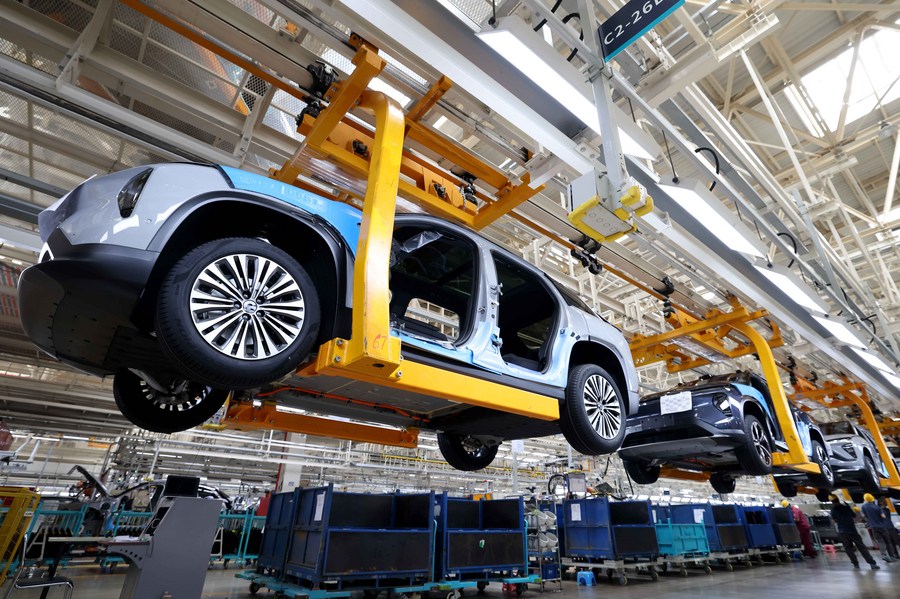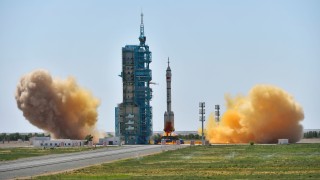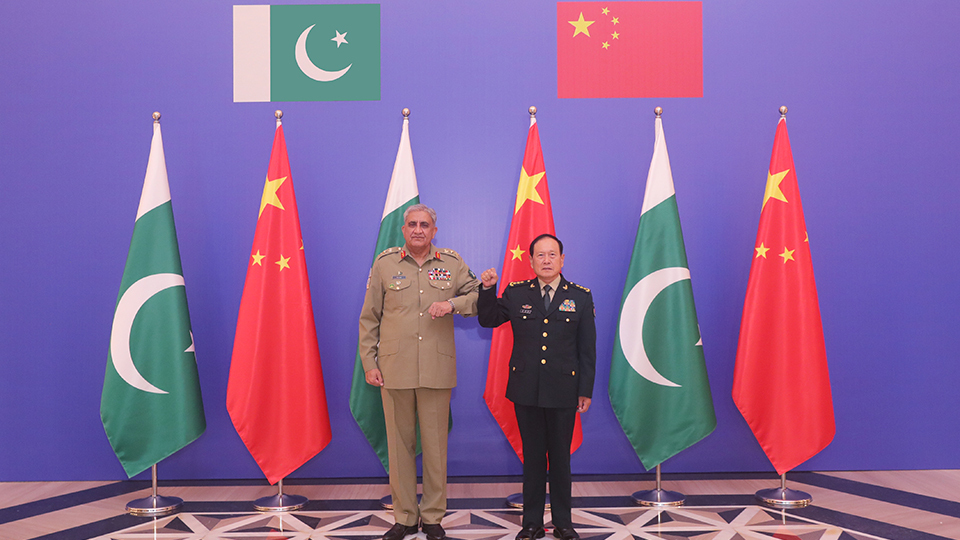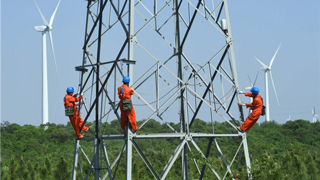HARMONY BETWEEN HUMANITY AND NATURE
Respecting, adapting to, and protecting nature is essential for building China into a modern socialist country in all respects, Xi said.
Outlining the unique features of Chinese modernization, Xi said Chinese modernization is the modernization of a huge population, of common prosperity for all, of material and cultural-ethical advancement, of harmony between humanity and nature and of peaceful development.
In practice, China has set ambitious targets and taken concrete actions to decarbonize the economy, tackle pollution and protect the natural ecosystem. Pledging to join the world's collective response to climate change, the country has cut its carbon emission intensity by 34.4 percent over the past 10 years, and pledged to have CO2 emissions peak before 2030 and achieve carbon neutrality before 2060.
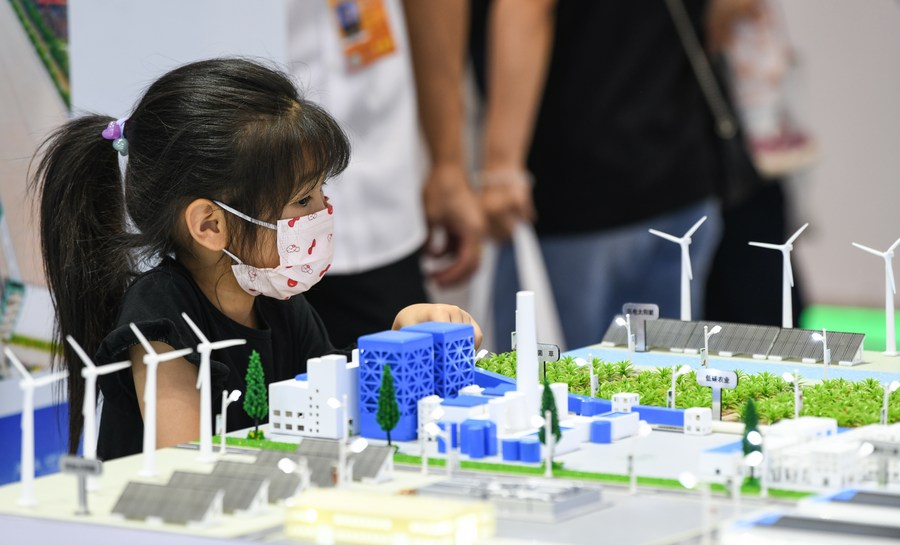
To transform its energy structure, China has phased out coal used in heating in over 27 million rural households over the past 10 years, while stepping up the development of installed renewable energy capacity. The country tops the world in its installed capacities of wind, photovoltaic, hydro and biomass power.
Improvements in the environment can also be observed in major air and water quality indicators as well as forest, marine and biodiversity conservation achievements.
Tim Benton, director to the Environment and Society Programme at Chatham House in London, said China has made strides towards improving the environmental and resource productivity of its economy by increasing output whilst reducing the relative environmental footprint.
Notable progress has been made in renewable energy generation, electric vehicles, plans to reduce emissions and make air cleaner, as well as in ecological restoration, he said. "China is indeed making progress towards creating an ecological civilization."
